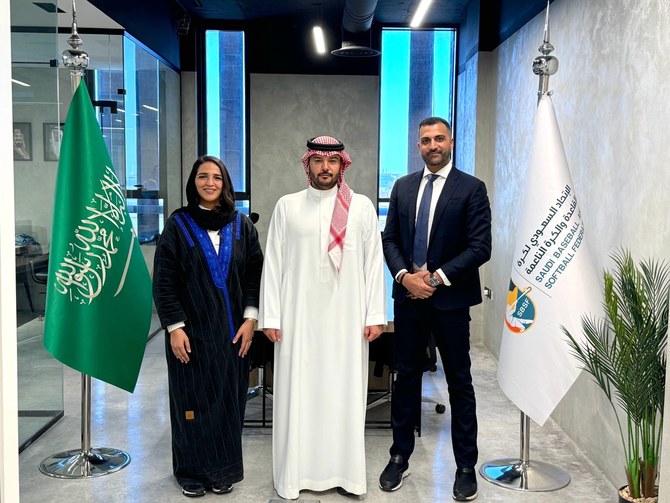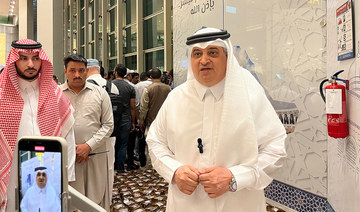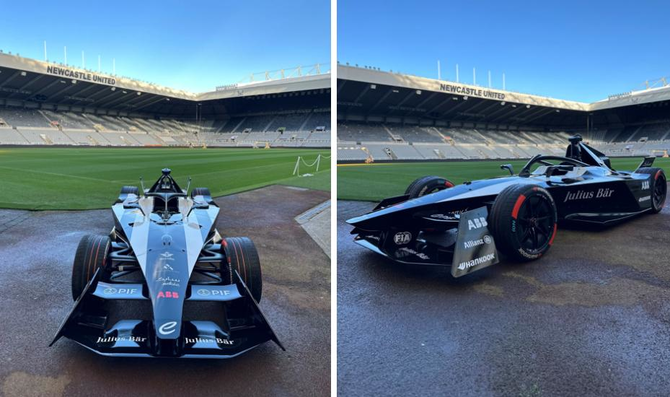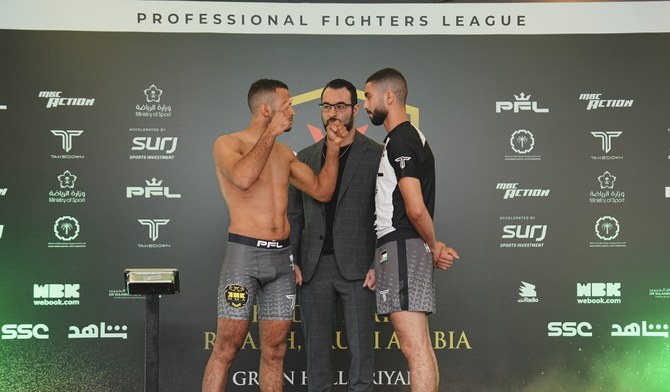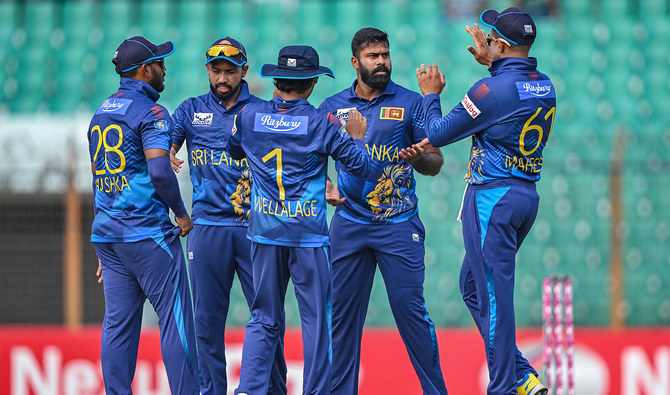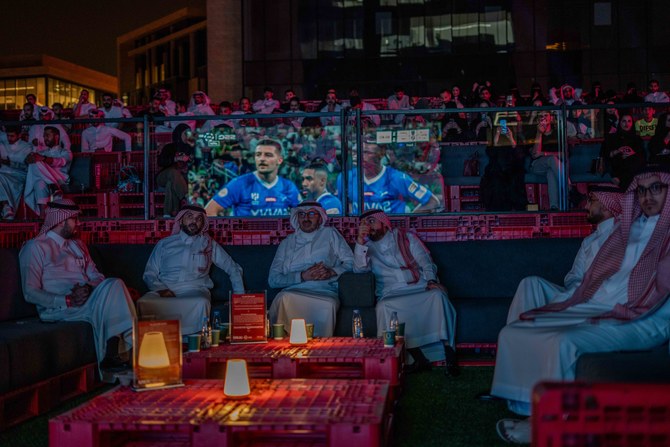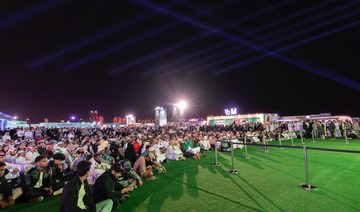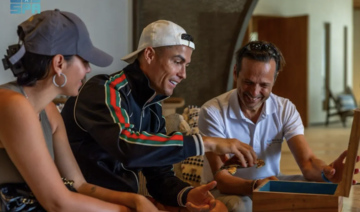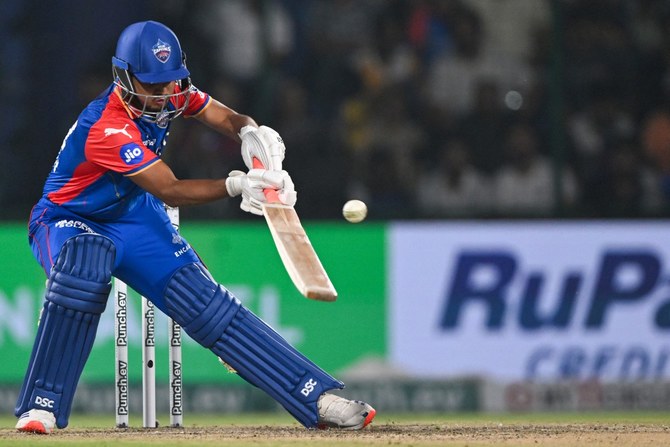The revelation that the England’s women’s cricket team used artificial intelligence in its selection process has attracted attention in the English press. It should not have done so. During the announcement of the England women’s squads to play Pakistan in May, the head coach, Jon Lewis, said that during the Ashes series in 2023, AI proved to be very helpful in several selections. As an example, a decision was made in relation to two players who were in very good form. They were equally selectable, but AI guided a borderline decision which proved to be crucial.
Purists will, no doubt, wring their hands at the thought of selectors abrogating responsibility to a machine outcome. If they fear that teams are being selected entirely by a machine rather than humans, they are likely to have to wait a little longer. Selectors and coaches remain people oriented, needing to understand a player’s individual state and motivation at any given time. Data about performance is used to supplement that knowledge. This has always been the case. Averages, though not perfect, have long been used to guide selection and many a captain and coach has kept a “black book” to record the strengths, weaknesses and idiosyncrasies of opponents.
However, enhanced computing power and programs, coupled with the recording of longer runs of historic data, have combined to create an explosion of analytical capability over the last 15 years. AI’s simulation of human intelligence, based on quick processing of large data sets, generates learning on which intelligent decisions can be made. Such outcomes can provide an objective view of what could happen in certain situations between a batter and a bowler, based upon what happened in previous encounters. This leads to so-called “matchups,” in which one or the other is targeted by someone they do not perform so well against. There is nothing new in this approach, but data analysis allows much more precise assessments to be made.
There are now armies of data analysts in cricket and T20 franchise tournaments have been at the root of their proliferation. This has been especially prevalent in India, driven by the Indian Premier League, the fervent interest in the game amongst the Indian population and the country’s ever burgeoning IT capabilities.
The use of AI outcomes is transforming the way that matches are approached, played, and, increasingly, how teams are managed. It is argued that better informed decisions will enhance human capabilities, particularly in situations where split-second decisions determine the outcome of a game. It is not easy to comprehend how AI is going to help a captain make a split-second decision on the last ball or two of a match. Surely, it is then down to human instinct and calculation.
In terms of selection, AI is already being used, especially in terms of attempting to generate matchups. One area in which it could present clarity is in assessing pitch conditions, a variable which can confound captains and match planners. Those who may resent AI’s growing influence must realize that it is already ubiquitous in the game.
An early manifestation was Hawk-Eye, back in 2001. This multi-camera setup tracks the flight of a ball and predicts what will happen to it next. It has been used in cricket for more than 20 years and is an integral part of the Decision Review System, now a fixture of cricket’s international landscape. Under this, a batter or fielding side can request that a decision of the on-field umpire can be reviewed by an off-field umpire using off-field technology. None of this would be possible to achieve without prior analysis of multiple previous examples of ball tracking.
There are less obvious applications of AI, at least to the spectator. Wearable technology is one. In cricket and other sports, wearables are used to monitor health and fitness. AI algorithms analyze the data to provide intelligence on a player’s health, injury potential and an appropriate training regime. In recruitment, much more detailed and extensive data is available for analysis than ever before about a player’s performance and suitability for a team.
One aspect of AI which fans will recognize is that of ever-increasing efforts to engage them more. Algorithms generate personalized content, manage ticket pricing and generate chatbots to provide real-time, personalized responses to queries, all aiming to enhance the overall fan experience. A part of this revolves around score and result prediction. These have become increasingly prevalent and accurate, of particular relevance to the betting community. They base calculations on how players and teams have performed against opposition previously and train the model accordingly.
If this is sounding too unlike some people’s previous understanding, association and understanding of cricket, in which uncertainty and unpredictability loomed large, then best gear up for the future. There, we can expect a leveraging of the most advanced technologies to T20 cricket. In-play algorithms will analyze in-game strategies, predict outcomes and suggest strategic adjustments. The age of the commentator is under threat.
Customized training programs for players will be augmented by their emotional and psychological state. They will train in virtual environments which simulate match conditions, including crowd noise. Wearables will incorporate sensors which provide real-time data on player health, performance and potential injury areas, with personal treatment plans and diets designed to ensure faster recovery. Clothing will adapt to weather conditions so as to maintain optimal temperatures (spectators might do the same!). Smart helmets will monitor impacts and send back data. Sensors on helmets and other equipment will provide more detailed data.
Already, every movement of every player is monitored on the field. Off-field monitoring is likely to increase. The players are well paid, so most are likely to accept. There has been concern in the 2024 IPL about the domination of bat over ball. One unnamed player suggested that a bowling machine should replace bowlers. However tongue in cheek the comment, the IPL seems headed toward a robotic future. The rest of the world needs to wake to this prospect.






